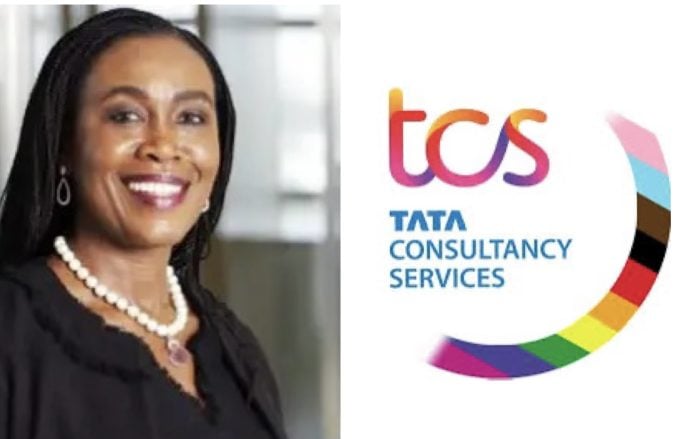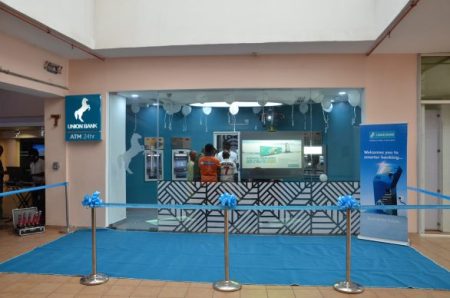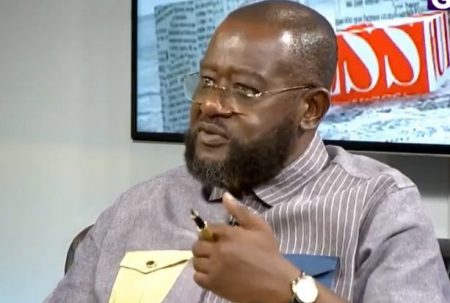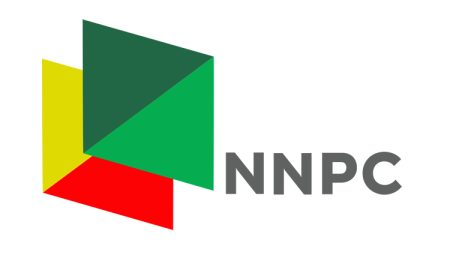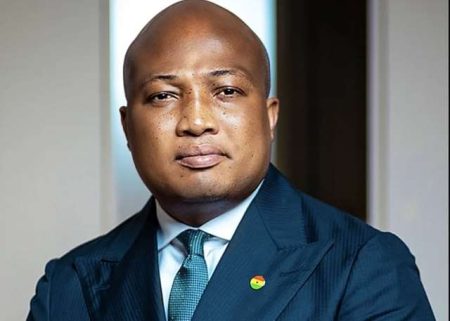Ghanaian journalist and consumer advocate Samuel Nii Narku Dowuona has taken a significant step by petitioning the Office of the Special Prosecutor (OSP) to freeze and investigate a highly contentious contract awarded by the Ghana Revenue Authority (GRA) to Tata Consulting Services (TCS) from India. The contract, intended to implement an Integrated Tax Administration System (ITAS) for GRA’s Domestic Tax Revenue Division, has come under scrutiny for alleged gross irregularities in its awarding process. Dowuona asserts that the GRA’s actions violate established tender protocols, especially given that there was a valid existing contract with Axon Information Systems, a reputable Ghanaian company that had already developed the Ghana Integrated Tax Management and Information System (GITMIS). The GRA’s decision to engage TCS, especially without a competitive procurement process, raises concerns about transparency and adherence to proper procurement procedures.
In his petition, Dowuona reveals that Axon Information Systems was recognized as the best candidate after a competitive bidding process officially reviewed by KPMG. The review indicated that Axon not only offered the lowest financial proposal but also scored impressively on technical evaluations. Despite this evidence, GRA abruptly canceled the procurement process, claiming budgetary constraints a month prior to TCS being directly invited to submit proposals. Dowuona argues that this sudden shift from an open bidding process to a single-source invitation for TCS was a deliberate maneuver to secure the contract for the Indian company. Such actions, he contends, undermine the principles of open competition and fairness that govern public sector procurements.
Moreover, the petition highlights the opacity surrounding the contract with TCS. Notably, the details only emerged when GRA officials were summoned to testify before the Parliamentary Public Accounts Committee (PAC). Dowuona emphasizes that the GRA Board was likely unaware of the intricacies of the deal, casting further doubts on the legitimacy of the procurement process. The request to the Special Prosecutor serves not only to investigate the contract’s awarding circumstances but also to halt any payments to TCS until the investigation is complete, particularly because a valid contract with Axon continues until May 2025. The implications of these allegations are significant, suggesting a potential breach of public trust in the GRA’s operations.
The broader ramifications of these events are considerable, given the gravity of the issues raised about accountability and transparency within the GRA. Observers have expressed strong concerns about the integrity of the procurement process and the importance of enforcing fair competition in public sector contracts. Dowuona’s petition calls attention to these systemic challenges, emphasizing the need for a thorough investigation to restore confidence in governance practices in Ghana. As the OSP reviews the petition, the outcome may set important precedents for how such controversies are managed in the future.
Additionally, Dowuona previously communicated his assertions in an open letter addressed to the PAC Chairman, drawing attention to potential perjurous claims made by GRA’s Commissioner-General, Julie Essiam, during a committee appearance. Dowuona argues that Essiam falsely stated that Axon ranked fourth in the bidding process when KPMG’s report clearly indicated otherwise. Furthermore, she inaccurately claimed that Tata offered the lowest contract price, a statement contradicted by the actual bids presented during the evaluation. This contradiction not only raises questions about Essiam’s credibility but also about the overall transparency of the contract awarding process.
As the situation continues to unfold, the reaction from GRA employees and other stakeholders has been noteworthy. Reports suggest a significant level of discontent among employees regarding the deal, although most feel powerless to challenge Essiam due to her apparent connections with influential figures. Compounding this, the lack of access to the contract details within GRA has led to further speculation and concern over its legitimacy. As the controversy develops and the petition is evaluated, the potential for significant repercussions looms, not only for the individuals involved but also for the credibility of the procurement system in Ghana as a whole. The case is being closely monitored, with implications for governance and contractual integrity in the public sector poised to play out in the coming weeks.





